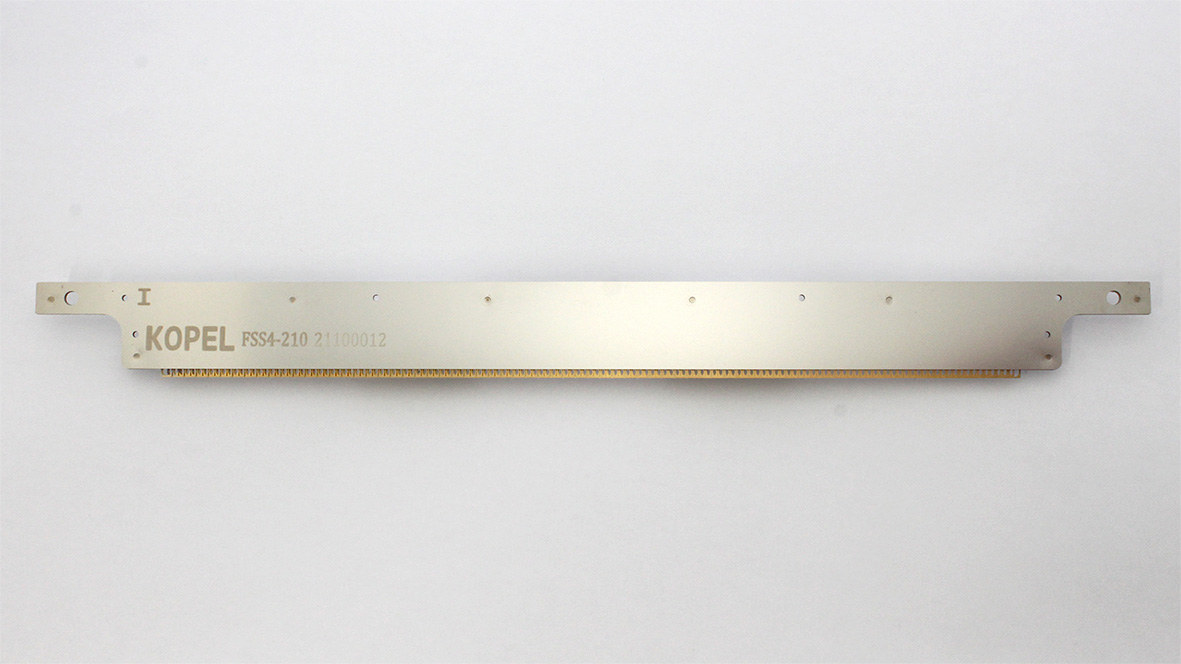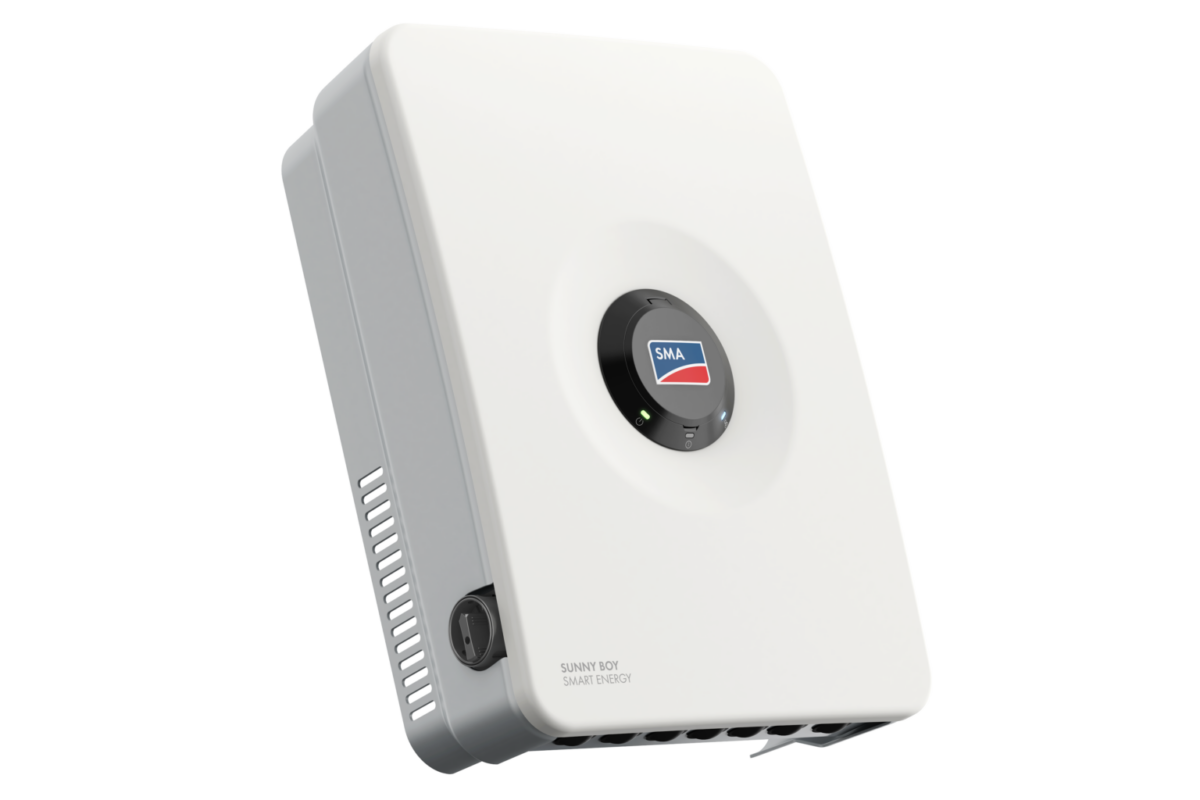Japan's Kyoshin Electric (Kopel) has developed a pin-probe bar to manufacture contacting systems for busbar-less solar cells. The FSS4 probing solution is also suitable for multi-busbar, half/triple cut and shingled structures.
“FSS4 is thinner than conventional pin-probe bars, which reduces its shadow on the cell during the measurement,” a spokesperson from the company told pv magazine. “It includes independent current and voltage probes.”
It said the current and voltage probes are insulated and separated by only 0.2 mm, which reportedly enables cell manufacturers to achieve an ideal four-wire connection to the finger electrodes.
“Each probe comprises of many reed shape strips arranged in a straight line, each of which is supported by plate spring suspensions and contacts the finger electrodes,” said the company. “About 200 contacting strips are monolithically integrated in an FSS4 for 6-inch cells, and achieve flexible contact to the finger electrodes. Therefore, good contact is achieved for all types of the finger electrodes, and also for other structures such as multi-busbar and shingled solar cells. The number of the contacting strips is dependent on the size of the cell.”
The device has a thickness of 1.2 mm and is contacting on all of the finger electrodes of busbar-less solar cells. According to Kopel, it is compatible with all kinds of conventional pin probes and can be easily installed in the existing production line by adopting a holder
and a frame with a short turn-around time and low cost. It is also adaptable to wafer sizes of M2 to M12 by increasing the number of contacting strips.
Compared to conventional contacting systems, the FSS4 purportedly offers lower and more stable contact resistance between the contacting strips and the fingers, to reduce mechanical damage to the fingers and cells during measurement.
This content is protected by copyright and may not be reused. If you want to cooperate with us and would like to reuse some of our content, please contact: editors@pv-magazine.com.




By submitting this form you agree to pv magazine using your data for the purposes of publishing your comment.
Your personal data will only be disclosed or otherwise transmitted to third parties for the purposes of spam filtering or if this is necessary for technical maintenance of the website. Any other transfer to third parties will not take place unless this is justified on the basis of applicable data protection regulations or if pv magazine is legally obliged to do so.
You may revoke this consent at any time with effect for the future, in which case your personal data will be deleted immediately. Otherwise, your data will be deleted if pv magazine has processed your request or the purpose of data storage is fulfilled.
Further information on data privacy can be found in our Data Protection Policy.